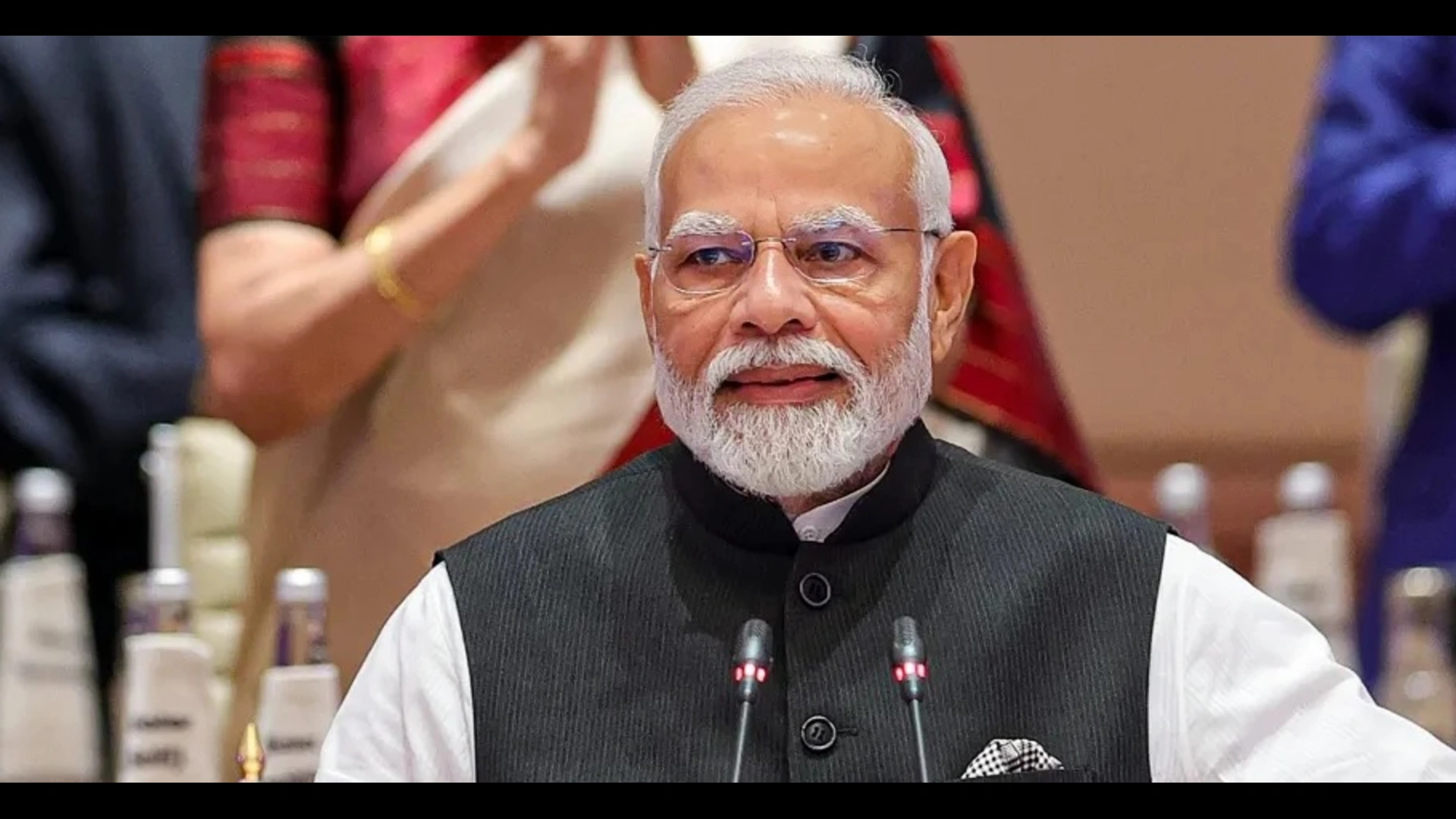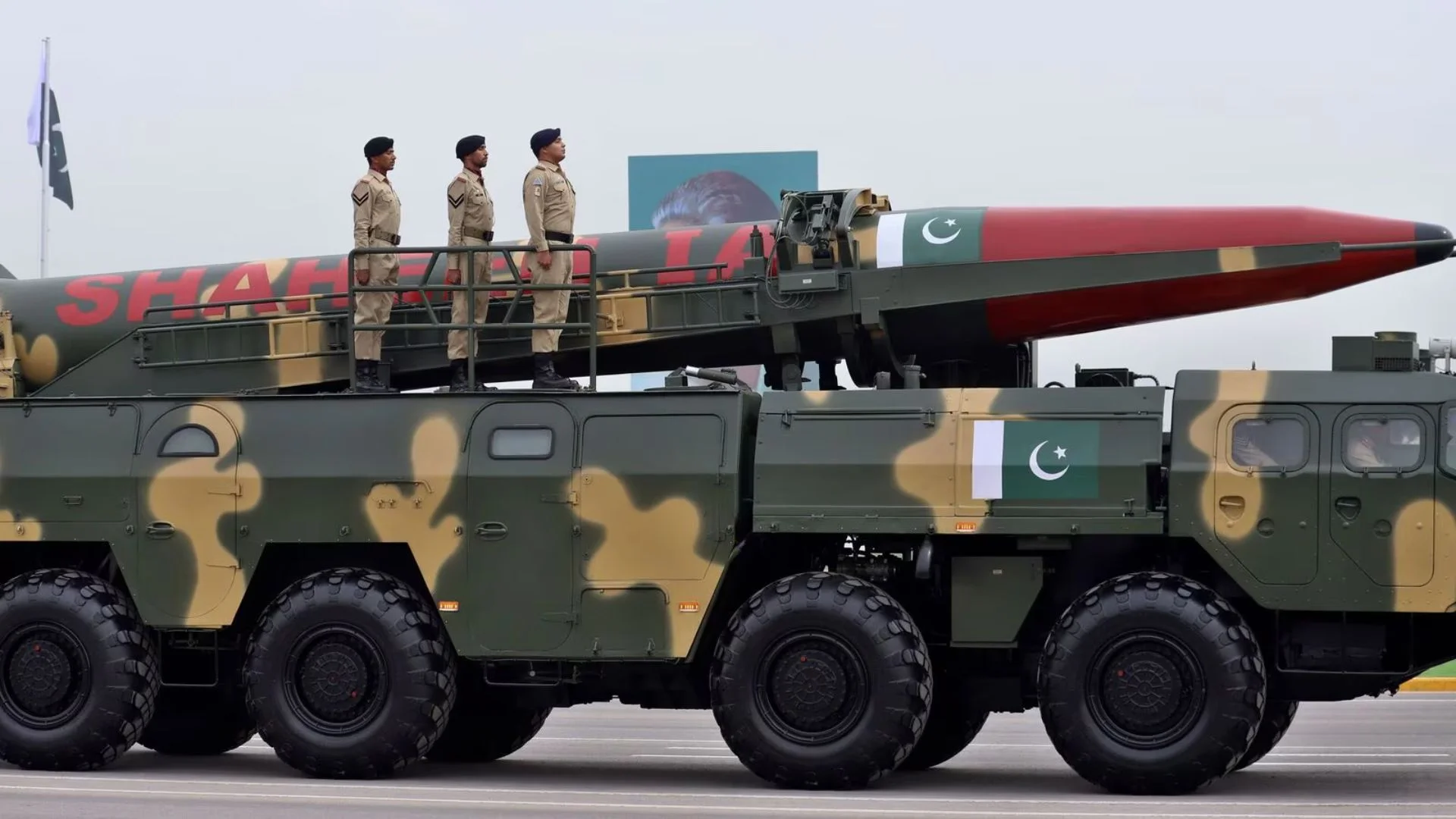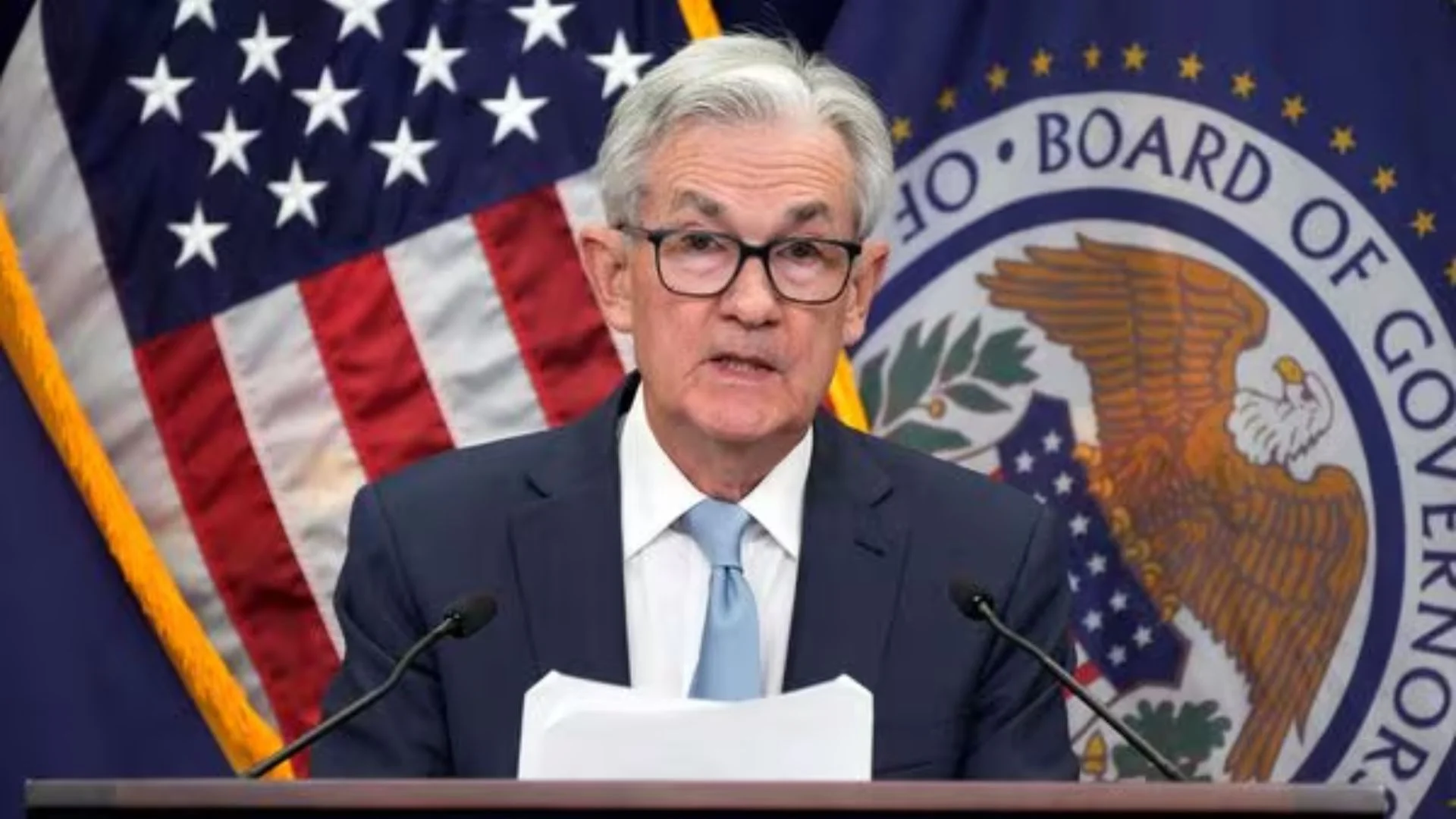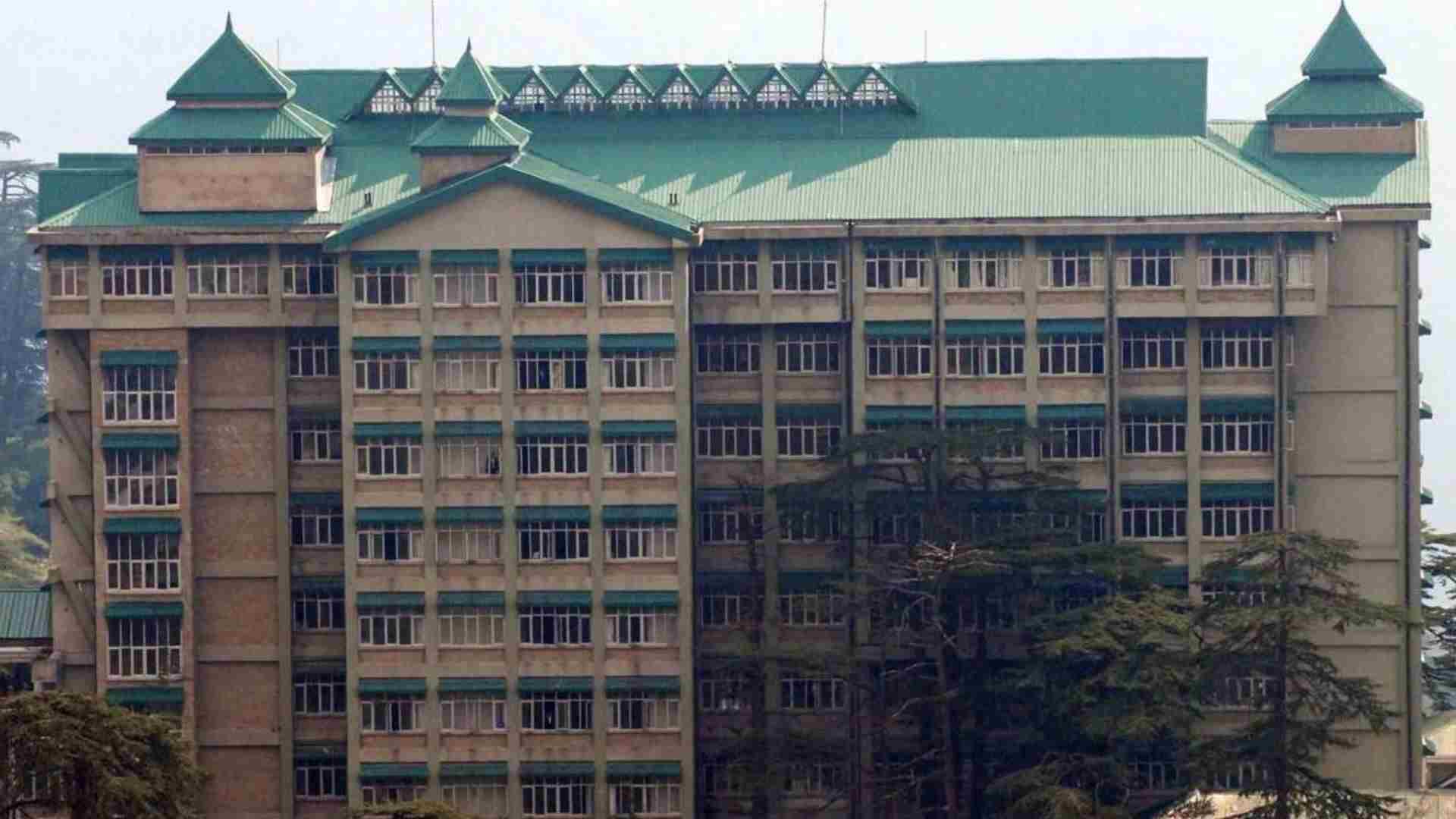
The Narendra Modi-led NDA government has marked the end of its initial 100 days in office following its unprecedented third term. Over this period, the administration initiated projects totaling Rs 15 lakh crore, emphasizing infrastructure development, support for farmers, the middle class, women, and minorities, as highlighted in an official statement.
Prior to embarking on the campaign trail for the 2024 Lok Sabha elections, PM Modi had assigned various objectives to officials, with the expectation that these tasks would be fulfilled within the first 100 days of the new NDA term.
In the first 100 days of the government’s new term, a slew of significant projects and initiatives worth approximately Rs 3 lakh crore have been approved. The focus has been on enhancing infrastructure, agriculture, taxation, and various other sectors to drive national development. Key infrastructure projects include the approval of the Wadhavan Mega Port in Maharashtra, a project poised to be one of the world’s top 10 ports. Additionally, the construction and upgradation of 62500 kilometers of rural roads and bridges, alongside the launch of eight National High-Speed Road Corridor Projects, aim to improve connectivity across the country.
Furthering the efforts in infrastructure, the government has laid the foundation stone for the Shinkhun-La Tunnel to connect Ladakh with Himachal Pradesh, approved eight new railway lines to generate employment, and developed civil aviation facilities in several regions. The expansion of metro systems in cities like Bangalore, Pune, and Thane signifies a commitment to modernizing urban transportation.
Agriculture has received a substantial boost, with the release of the 17th installment of the Prime Minister Kisan Samman Nidhi, distributing Rs 20,000 crore to 9.3 crore farmers. The increase in the Minimum Support Price (MSP) for Kharif crops for 2024-25 has benefited farmers to the tune of approximately Rs 2 lakh crore. The government has also approved several schemes, such as the Digital Agriculture Mission, to enhance agricultural efficiency. Additionally, partnerships like the MoU between the National Cooperative Organics Limited and the Uttarakhand Organic Commodity Board aim to promote organic farming, ensuring farmers receive a fair share of profits.
To provide relief to the middle class, the government has introduced tax reforms, including exempting income up to Rs 7 lakh from tax and increasing the standard deduction to Rs 75,000. A comprehensive review of income tax rules is underway to make them more concise and understandable. The Unified Pension Scheme has been implemented for government employees, ensuring a pension of 50% of their average basic salary for those with 25 years of service. The One Rank, One Pension scheme for security forces and their families will also see its third iteration.
Housing and renewable energy are also key focus areas, with the approval of 3 crore houses under the Pradhan Mantri Awas Yojana, including 1 crore in urban areas and 2 crore in rural areas. The PM Surya Ghar Muft Bijli Yojana has seen the installation of solar energy systems in over 2.5 lakh homes, emphasizing the government’s push towards sustainable energy solutions. Furthermore, an environmentally friendly public transport system is set to be developed through the PM E-Bus service.
Supporting the startup ecosystem and promoting ease of doing business, the government has abolished the 31% Angel Tax burdening startups and reduced the corporate tax for foreign companies to make India a more attractive destination for global investment. A Rs 1000 crore venture capital fund is established for space sector startups, and the GENESIS program aims to support innovation in Tier-II and Tier-III cities. The National Industrial Corridor Development Program plans to create 12 industrial nodes to facilitate investor access and improve the ease of doing business. Additionally, MSMEs and traditional artisans will benefit from the development of e-commerce export hubs.
Youth empowerment is high on the agenda, with a Rs 2 lakh crore package announced to promote employment and skill development, targeting to benefit 41 million youths over the next five years. The government aims to provide internships, allowances, and one-time assistance to 1 crore youth and skill 20 lakh more. The integration of the e-Shram portal and development of 12 industrial nodes is expected to further promote new industries and create employment opportunities.
In terms of social empowerment, over 90 lakh Self-help Groups (SHGs) have been formed under DAY-NRLM, organizing more than 10 crore women to promote financial inclusion and sustainable livelihoods. The Lakhpati Didi Scheme has empowered more than 1 crore women, with each earning over Rs 1 lakh per year. Various initiatives for the empowerment of OBCs, Dalits, minorities, and tribal communities have also been rolled out, including the development of 63,000 tribal villages to improve the socio-economic status of 5 crore tribals.
The healthcare sector is set to become more accessible with the expansion of the Ayushman Bharat Scheme, offering free insurance up to Rs 5 lakh for senior citizens aged 70 and above, and the addition of 75,000 new medical seats to reduce dependency on foreign medical education. Digital healthcare initiatives like the U-WIN portal aim to streamline regular vaccinations, while the Ayushman Bharat Health Account includes a “Scan and Share” feature to facilitate outpatient registrations.















